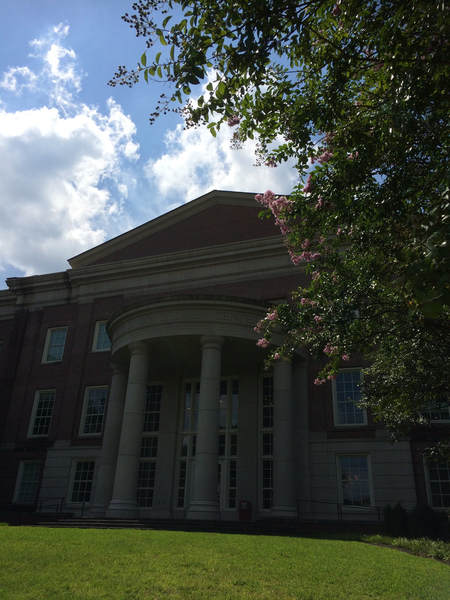Academic Coaching Services after Traumatic Brain Injury and Concussion

Beginning in the Fall of 2018, our lab will offer services to support students with TBI and concussion as part of a research project examining the effectiveness of this intervention. These services will be based on research findings described here, supporting students' studying and learning, time-management, and self-advocacy. The program is described in detail on the NeuroCognitive Communication Lab website and is based on students "self-regulating" their learning. An evaluation will identify student needs and goals, then the program works to train students to identify and deploy strategies to meet their academic challenges with the support of an academic coach. Students are encouraged to bring their current coursework so that coaches can provide intervention directly relevant to their current needs.
Who is a good fit for this program?
Students should:
- have a documented brain injury.
- have completed rehabilitation and have returning to college as a “realistic” goal.
- be enrolled in a 2 or 4 year college.
- be able to travel to the UGA's Speech and Hearing Clinic in Aderhold Hall to receive services. We provide parking if necessary. Regular bus service stops in front of Aderhold Hall.
- not have a serious mental health diagnoses (e.g., bipolar disorder) or be receiving treatment for addiction. We are able to support students with depression or anxiety as long as they are under the care of a physician.
How do I find out more?
Contact the lab directly at [email protected] or Dr. O'Brien at 706-542-9931.
Related Publications

- O'Brien, K. H., Schellinger, S. K., Kennedy, M. R. T. (in press). Self-regulation strategies used by students with brain injury while transitioning to college. NeuroRehabilitation.
- Kennedy, M. R. T. (2017). Coaching College Students with Executive Function Problems. New York: Guilford.
- This text includes a chapter by Dr. O'Brien on supporting learning and time-management in students with executive function impairments.
- Kennedy, M. R., Krause, M. O., & O’Brien, K. H. (2014). Psychometric properties of the college survey for students with brain injury: Individuals with and without traumatic brain injury. Brain Injury, 28(13-14), 1748-1757.
- Kennedy, M. R. T., O’Brien, K., & Krause, M. O. (2012). Bridging person-centered outcomes and therapeutic processes for college students with traumatic brain injury, Perspectives on Neurophysiology and Neurogenic Speech and Language Disorders, 22, 143-151.
- Kennedy, M. R. T. & Krause, M. O. (2011). Self-regulated learning in a dynamic coaching model for supporting college students with traumatic brain injury: Two case reports. Journal of Head Trauma Rehabilitation, 26(3), 212–223.
- Kennedy, M. R. T., Krause, M. O., & Turkstra, L. (2008). An electronic survey about college experiences after traumatic brain injury. NeuroRehabilitation, 23, 511-520.
- Kennedy, M. R. T. & Coelho, C. (2005). Self-regulation after traumatic brain injury: A framework for intervention of memory and problem solving. Seminars in Speech and Language, 26, 242-255.

